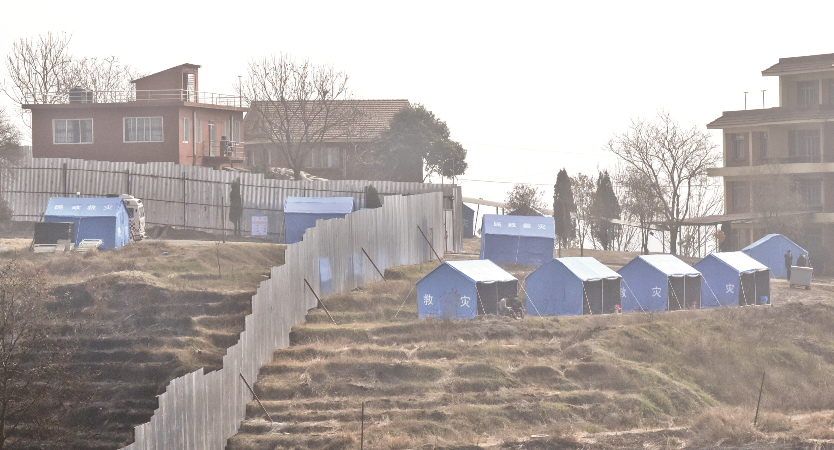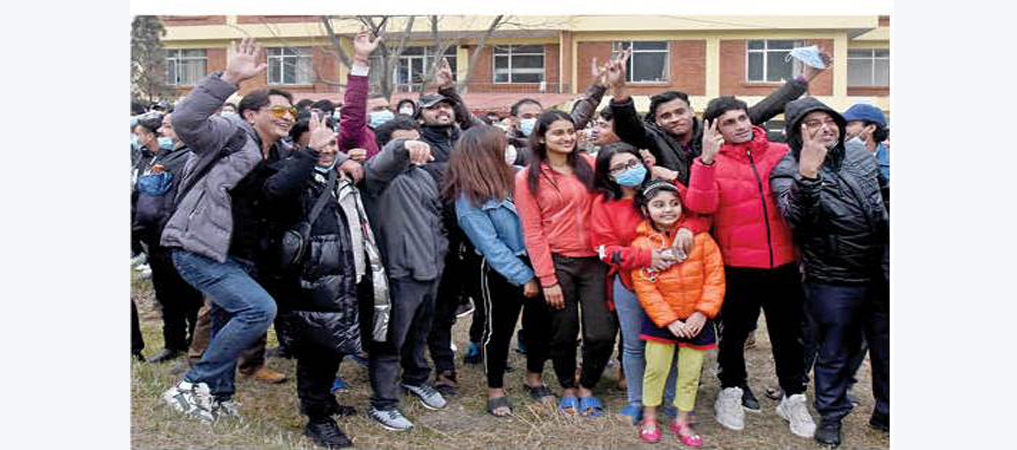Maternal Health Takes A Knock
Sampada A. Khatiwada
Though not much talked about, the COVID-19 pandemic has left a huge scar on the sexual health and reproductive rights of women and girls. The public health crisis followed by months-long nationwide lockdown barred the women and girls across the world from exercising their reproductive rights.
The need of ensuring the right to reproductive health and providing undisrupted maternal health care facilities in the midst of a pandemic has not been a priority of the government and other stakeholders. This has led to an unavoidable impact on reproductive and maternal health worldwide.
From the unavailability of contraceptives and other modern methods of family planning to the fear of visiting the health institutions during pregnancy, women are still facing a lot of problems relating to their reproductive health.
For an instance, a study conducted by Lancet Global Health, a medical journal, in August revealed that the number of births in health institutions decreased by around a half during the lockdown, if compared before the lockdown in Nepal. The research had studied cases of nine hospitals in seven States from January 1 to March 20 before the lockdown and from March 21 to May 30 during the lockdown.
The study had further reported that cases of stillbirths had spiked to 21 per 1,000 births, which used to be 14 before. Likewise, the institutional neonatal mortality had surged from 13 per 1,000 live births prior to the lockdown to 40 during the lockdown.
Before the lockdown, a total of 13, 189 women had delivered babies in the health institutions while during the lockdown, almost half (7,165) deliveries took place in the health institutions. These findings reveal that the pandemic barring women from exercising prenatal, neonatal and postnatal care had given rise to a huge number of preventable fatalities.
It is no-brainer that the spread of novel coronavirus has suspended health services as hospitals are one of the riskiest places to contract the virus. However, no matter how serious the crisis faced by the public health system is, it is the government's duty to ensure that all the fundamental rights guaranteed by the constitution are being exercised by the citizens.
Article 35 of the constitution states that every citizen shall have equal access to health services and no one shall be deprived of emergency health services. Also, Article 38 under the rights of women and Right to Safe Motherhood and Reproductive Health Act, 2075 have ensured the right to safe motherhood and reproductive health. Thus, it is the government's responsibility to make sure that women aren’t deprived of access to reproductive health services no matter whatever crisis the nation is facing.
As the quality of maternal and newborn care is closely related to the indicator of overall development of the nation, the government must keep an eye open for guaranteeing unhindered reproductive health services, including family planning, abortion, postpartum and maternal health care services.
The government must also consider appointing doctors, nurses, health assistants and other healthcare workers to ensure everyone's access to reproductive health services.
Recent News

Do not make expressions casting dout on election: EC
14 Apr, 2022
CM Bhatta says may New Year 2079 BS inspire positive thinking
14 Apr, 2022
Three new cases, 44 recoveries in 24 hours
14 Apr, 2022
689 climbers of 84 teams so far acquire permits for climbing various peaks this spring season
14 Apr, 2022
How the rising cost of living crisis is impacting Nepal
14 Apr, 2022
US military confirms an interstellar meteor collided with Earth
14 Apr, 2022
Valneva Covid vaccine approved for use in UK
14 Apr, 2022
Chair Prachanda highlights need of unity among Maoist, Communist forces
14 Apr, 2022
Ranbir Kapoor and Alia Bhatt: Bollywood toasts star couple on wedding
14 Apr, 2022
President Bhandari confers decorations (Photo Feature)
14 Apr, 2022











